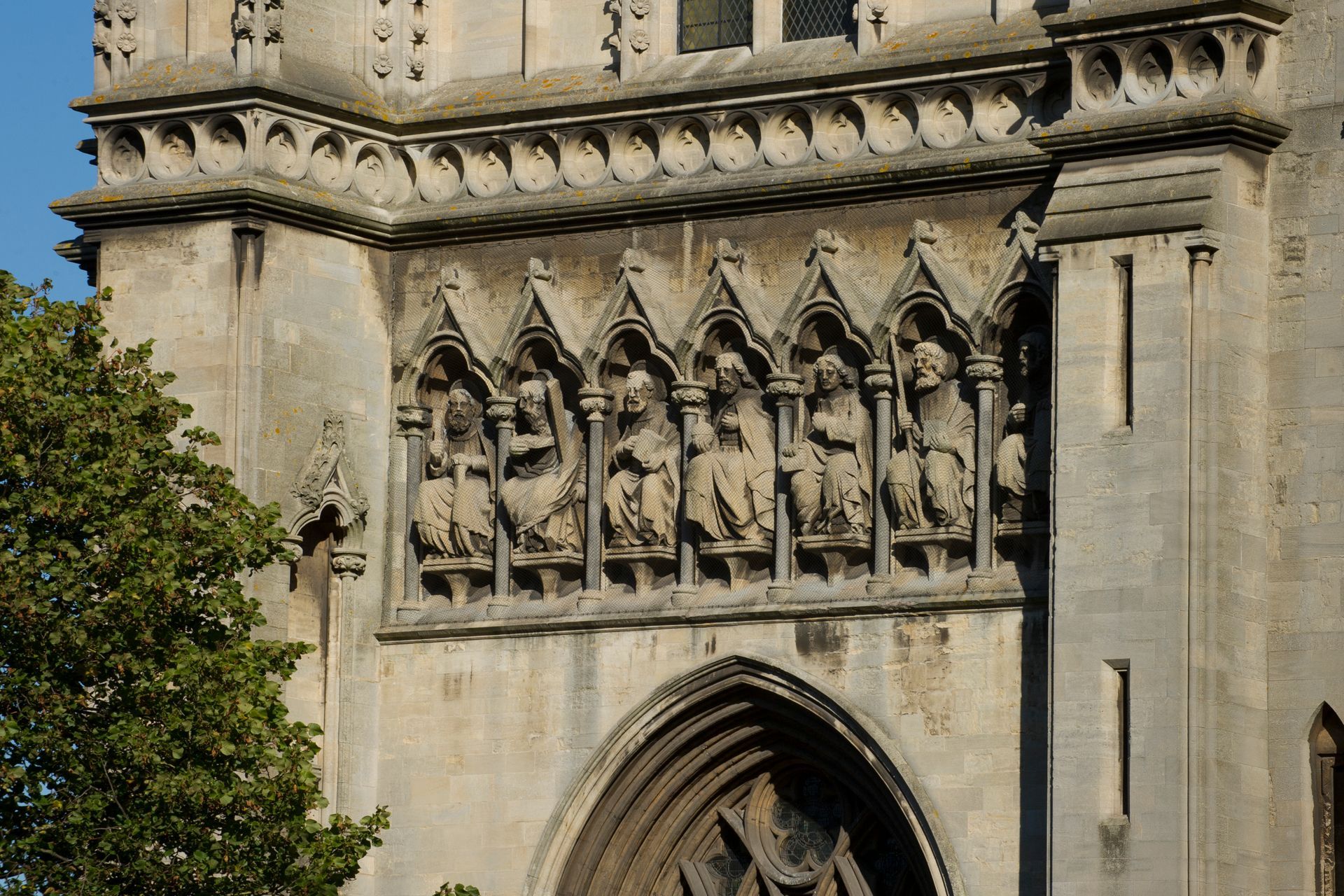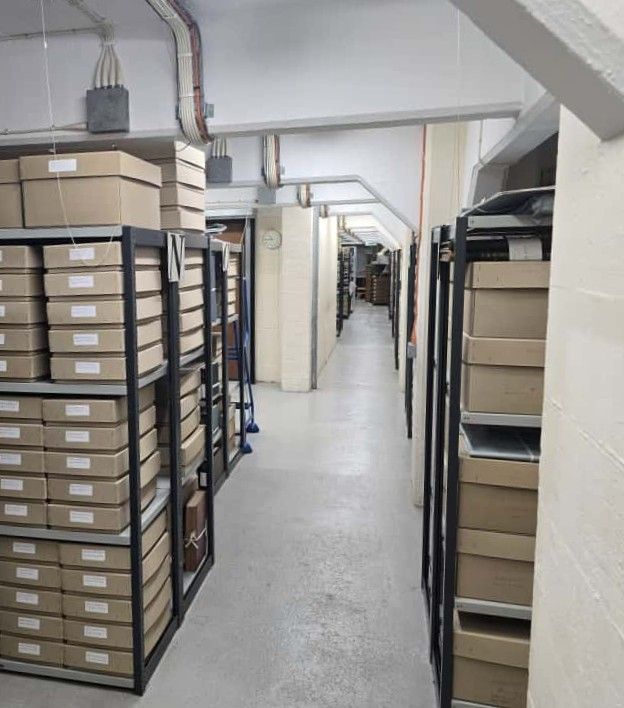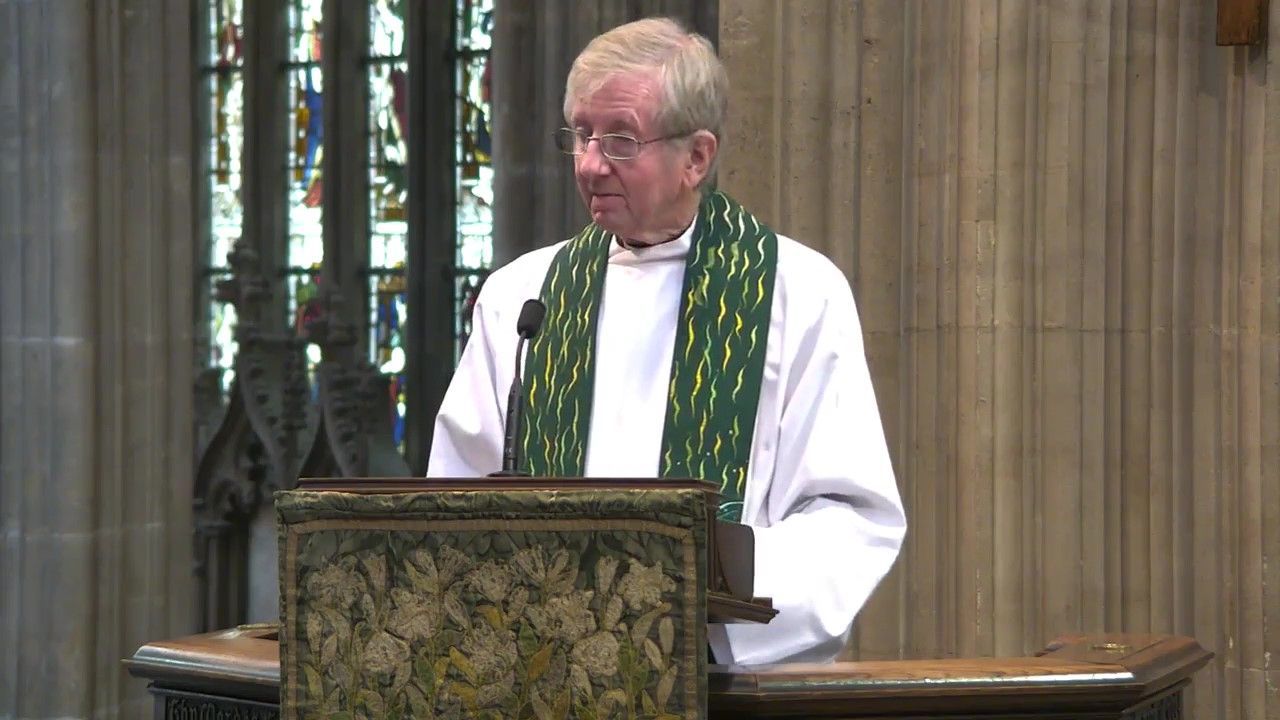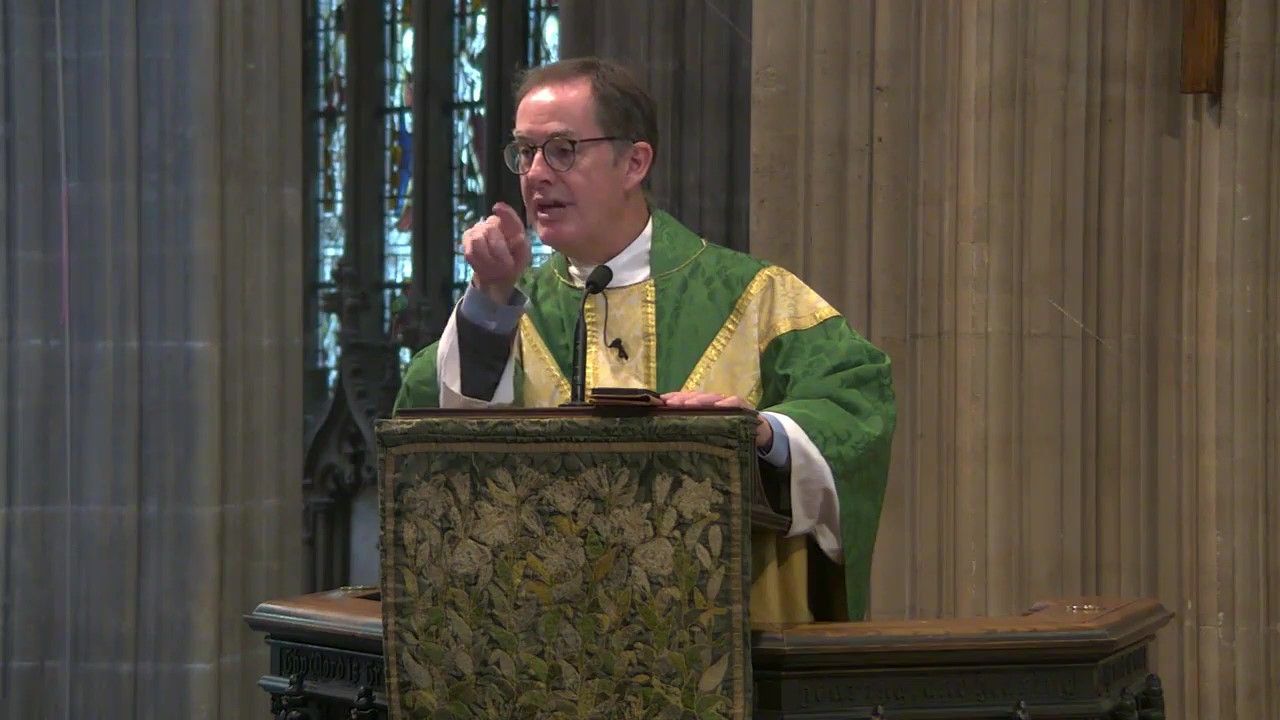Teacher, tell my brother ...
There is something innate in our human nature to want to drag someone else in to advocate for us in our battles. As children, most of us at one time or another will have cried to a parent, a carer, an older sibling: It's not fair. And, looking at this week's image, many of us will remember being, either the younger child when the older one won't let go, or the older child enjoying winding up the younger: and some of us will have had the experience of being both!
And what's true for us in our age, is no less true for those who walked with Jesus two thousand years ago: we may be able to fall in love with someone on the other side of the world and take photos of stars that died thousands of years ago, but, fundamentally, humanity hasn't evolved much since then. Borrowing the words of Shylock from Merchant of Venice, whether now or then: "If you tickle us, do we not laugh? If you poison us, do we not die? And if you wrong us, shall we not revenge?"
Jesus has been surrounded by a huge crowd, so big "that they trampled on one another" (Lk 12.1) He has been speaking with his disciples about the temptation of hypocrisy that he sees in the Pharisees. He contrasts this with the fearless exhortation he expects from his followers of what they have heard and seen; and promises in return that two-a-penny sparrows are not forgotten in God's sight.
Into this chaotic scene of surging crowds and blunt teaching, a voice is heard above the tumult: "Teacher, tell my brother to divide the family inheritance with me." This unknown character from amongst the crowd did get noticed, his plea was heard and his case was addressed by Jesus. But, as is so often the way with Jesus, the question is answered with a question: Who made me your judge?
We know nothing about the person in the crowd: perhaps it is an older sister who would be overlooked when any family inheritance is shared out; perhaps it is a brother who has heard Jesus' story about (what we call) the Prodigal Son and fancies a bit of that himself (even though we won't hear that story for another couple of chapters!); perhaps it is as the scholars suggest: "according to Jewish custom the older son of a family of two would receive two-thirds of the father's possessions and here the person is probably the younger brother who has an older brother who not followed that custom and thus the younger brother is left with nothing". Whatever the scenario, Jesus takes the question and responds to it, not just for the person who asks, but for everyone.
In current theological discourse, some of the more clear yet less palatable teachings of Jesus are discussed less often than some others. This is a case in point. There is little room for manoeuvre around Jesus point that storing up grain and goods in bigger and bigger barns is not a recipe for happiness and contentment into the future if, for no other reason, we have no way of knowing how long our future will last. I am reminded of the phrase: live today as if it is your last.
In the next section of the narrative, Luke goes on to record Jesus telling us not to worry about those things we cannot control and compares our frantic activity to the lilies of the field. It is at the end of this segment that Jesus returns to the theme of storehouses on earth and treasurers in heaven with the statement: "where your treasure is, there you heart will be also."
Dan Tyndall
July 2022






